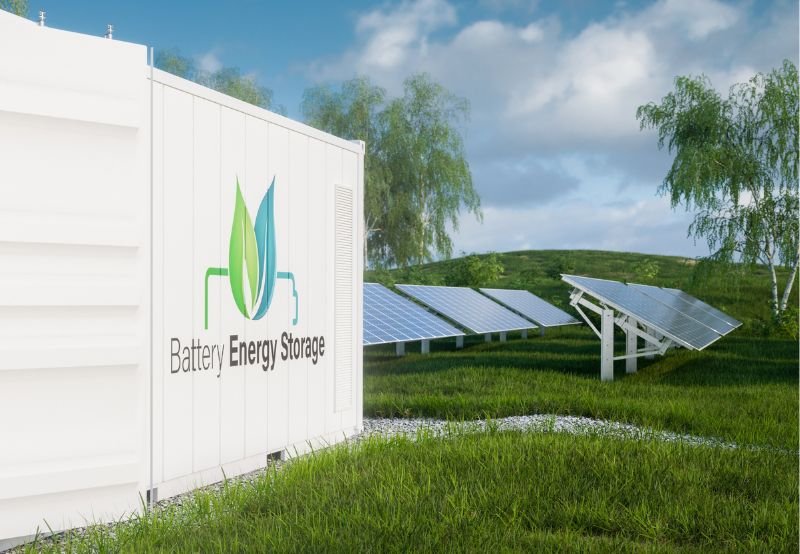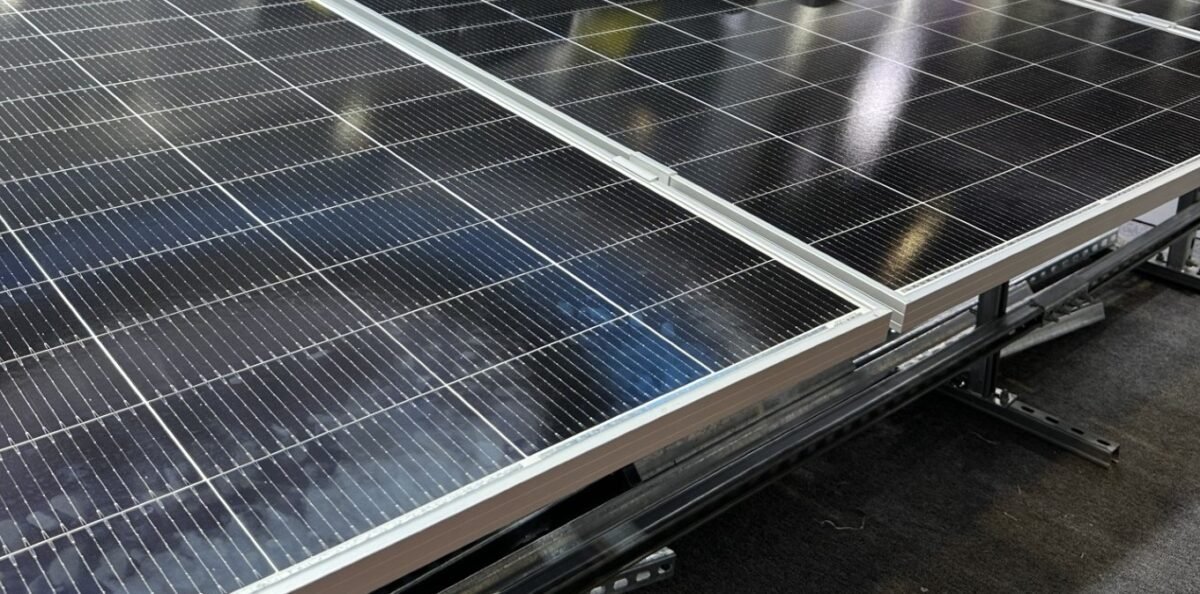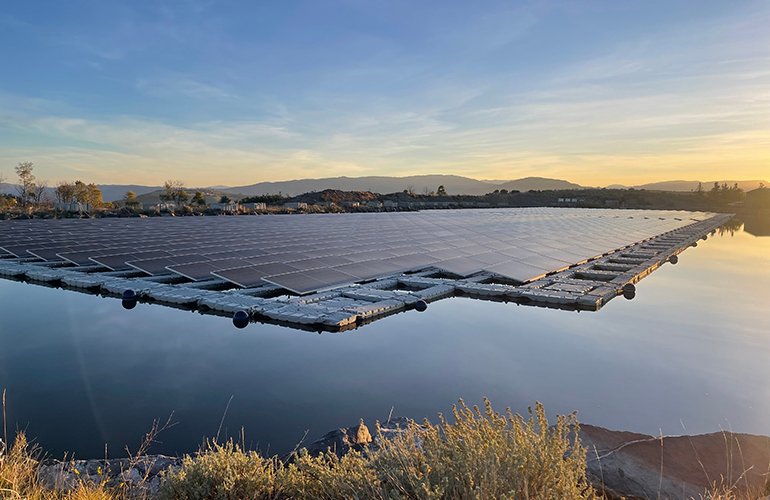US Solar Makers Challenge Imports from India in Trade Case
The solar industry’s trade tensions are heating up again. The Alliance for American Solar Manufacturing and Trade recently filed anti-dumping petitions targeting solar cells and panels from India, Indonesia, and Laos. This follows expanded US solar tariff investigations in these markets.
Why Domestic Solar Manufacturers Are Taking Action
This marks a new chapter in US solar trade disputes. After 2018 tariffs on Chinese imports, attention turns to Southeast Asian products allegedly sold below fair market value. Domestic producers claim this unfair competition threatens American manufacturing while developers weigh domestically produced alternatives.
Key Allegations in the Case
- Indian manufacturers allegedly benefit from government subsidies
- Potential transshipment through Laos and Indonesia
- Possible duties exceeding 50% if violations are proven
Impact on Solar Project Economics
While higher tariffs may increase costs, US-made panels often offer advantages. First Solar’s thin-film technology shows degradation rates competitive with imported models. The global supply chain disruption creates pressure for diversified sourcing.
What Industry Professionals Should Monitor
- USITC preliminary determinations within 45 days
- Commerce Department subsidy rate rulings by Q2 2024
- Alternative suppliers like Qcells’ Georgia expansion
Potential Global Trade Shifts
With India’s solar exports to the US surging 327% year-over-year, tariffs could redirect trade flows. Vietnam previously became a temporary haven during China tariffs – similar patterns may emerge in Thailand or Malaysia.
This situation mirrors past disruptions that ultimately accelerated domestic innovation, as seen in sustainable solar advancements. The outcome will significantly impact both manufacturers and project developers.






